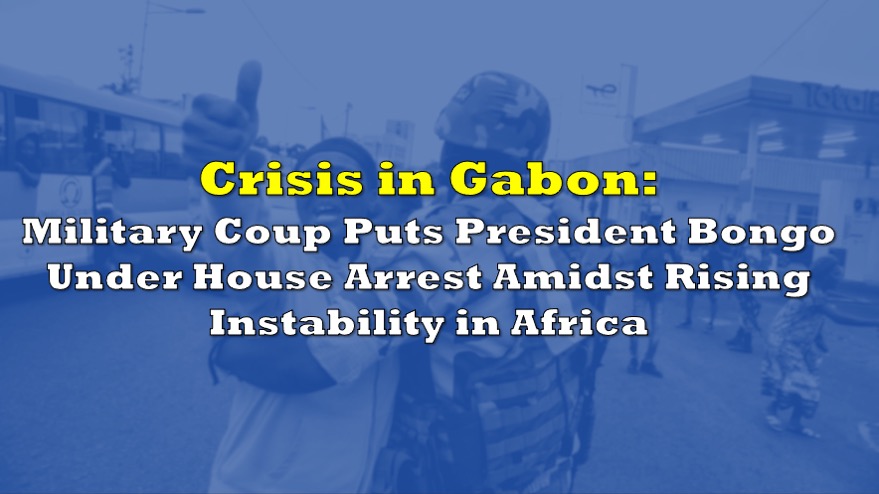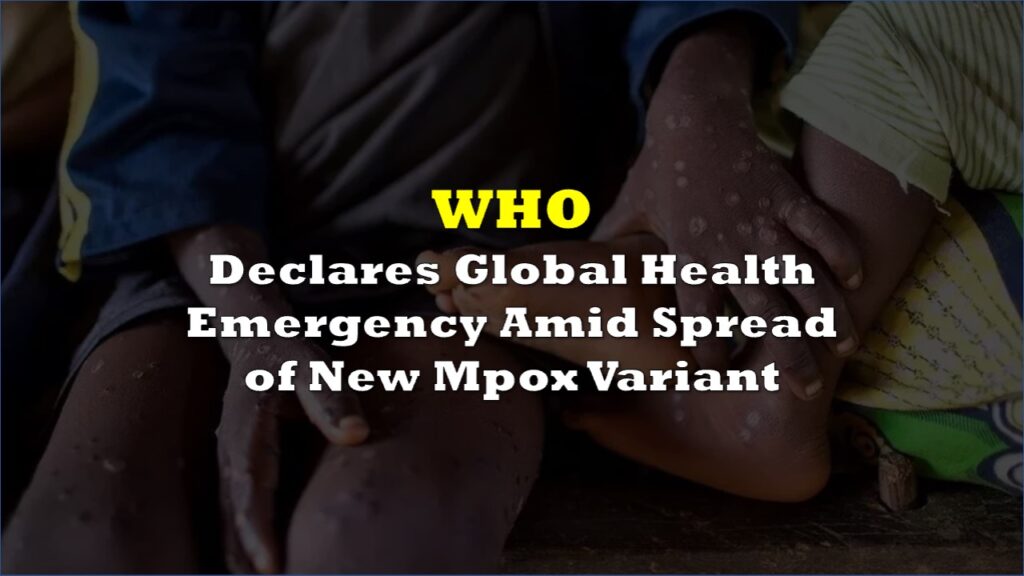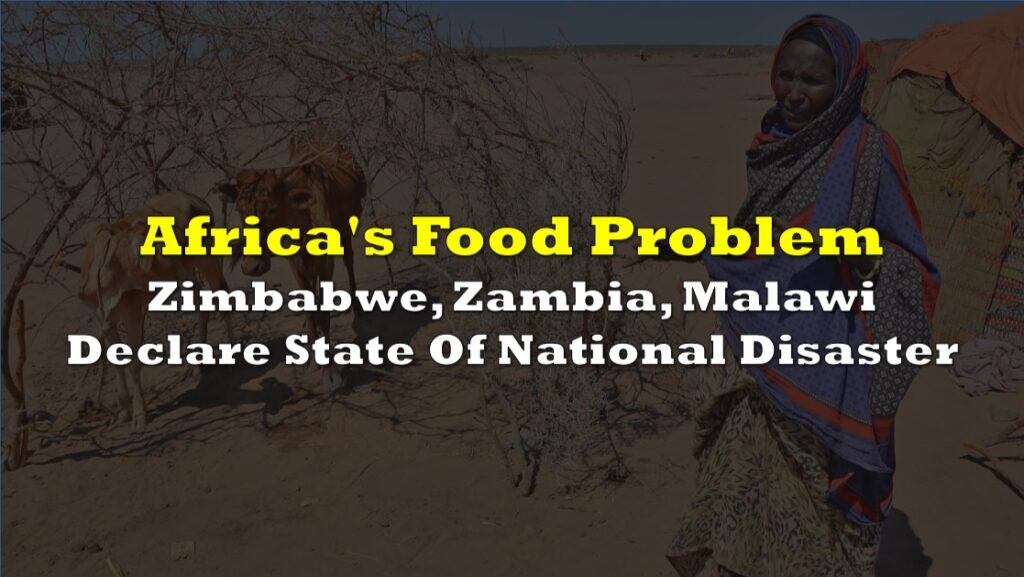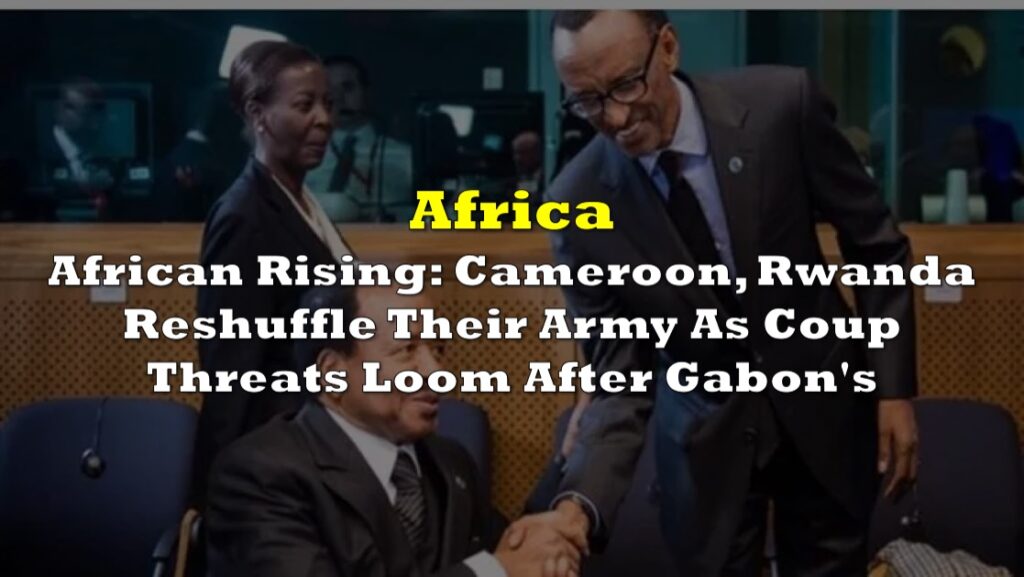In a sudden and audacious move, military officers in Gabon declared they had seized power, placing Gabonese President Ali Bongo under house arrest. This abrupt decision comes hot on the heels of Bongo being declared the victor of a contentious presidential election, where he secured 64.27% of the votes.
🇬🇦 Gabon celebrates the success of their military coup which just OUSTED a French-installed leader. pic.twitter.com/wHuQwaA6EP
— Jackson Hinkle 🇺🇸 (@jacksonhinklle) August 30, 2023
Officers of the Gabonese Armed Forces justified their takeover, stating their intent was to “defend peace” and end Bongo’s “irresponsible, unpredictable governance.” Bongo, a stalwart in Gabonese politics since 2009, has faced a military coup before, back in 2019. As the situation escalated, the president made a plea through a video on social media, assuring his well-wishers that he was unharmed while admitting he was unaware of the complete scenario.
The situation in Gabon is increasingly reminiscent of the situation in Niger.
— Zlatti71 (@djuric_zlatko) August 30, 2023
Deposed by the military and put under house arrest, the President of Gabon releases a video where he asks "all our friends around the world" to make a "noise" and states that his wife and son are also… pic.twitter.com/0rewhBNItX
Brice Oligui Nguema, the individual behind the coup and head of Libreville’s presidential guard, mentioned in an interview with the French newspaper Le Monde that President Bongo will “enjoy all his rights” during his detention. Contrarily, AFP reported Nguema to be the chosen leader of the “Committee for the Transition and Restoration of Institutions.” However, Nguema remained non-committal about his future role, emphasizing the necessity of discussions with the other generals.
#Gabon's 🇬🇦 new leader Gen. Brice Clotaire Oligui Nguema pic.twitter.com/YnOv9tP4v7
— Felix Tih (@felixtiih) August 30, 2023
In the international theater, the European Union defense ministers— led by the bloc’s foreign-policy chief Josep Borrell, have scheduled a meet to discuss the brewing crisis in Gabon. Borrell expressed his concerns, stating, “If this is confirmed, it is another military coup which increases instability in the whole region.”
The biggest oil-producing nation in Africa, home to both vast resources and extreme poverty, finds itself in the grip of widespread corruption. With those in power exploiting the nation's oil wealth for personal gain, external military intervention is now necessary to address…
— أ.عبدالله التميمي (@Mr_Abdulla_Ali) August 30, 2023
The military’s actions in Gabon are the most recent in a chain of coups across Africa, raising alarms about the continent’s stability. A similar event transpired in Niger, with soldiers refusing to reinstate democratic rule or release the dethroned President Mohamed Bazoum. The West African Regional bloc, ECOWAS, with France’s backing, has threatened military intervention in Niamey.
Borrell emphasized the gravity of the situation, especially given the political turbulence in the Central African Republic, Mali, Burkina Faso, and now potentially Gabon. He stressed the need for the EU ministers to evaluate and adjust their policies concerning these nations.
The EU is concerned about coups d'état in Africa, which will destabilize the region, – Reuters quotes the head of EU diplomacy, Josep Borrell.
— Sprinter (@Sprinter99800) August 30, 2023
"It will be another military coup – the Central African Republic, then Mali, Burkina Faso, now Niger and Gabon … Defense ministers… pic.twitter.com/p0O4rE5YBk
“The whole area, starting with Central African Republic, then Mali, then Burkina Faso, now Niger, maybe Gabon, it’s in a very difficult situation and certainly the [EU] ministers… have to have a deep thought on what is going on there and how we can improve our policy in respect with these countries,” Borrell added.
Information for this story was found via Reuters and the sources mentioned. The author has no securities or affiliations related to this organization. Not a recommendation to buy or sell. Always do additional research and consult a professional before purchasing a security. The author holds no licenses.









